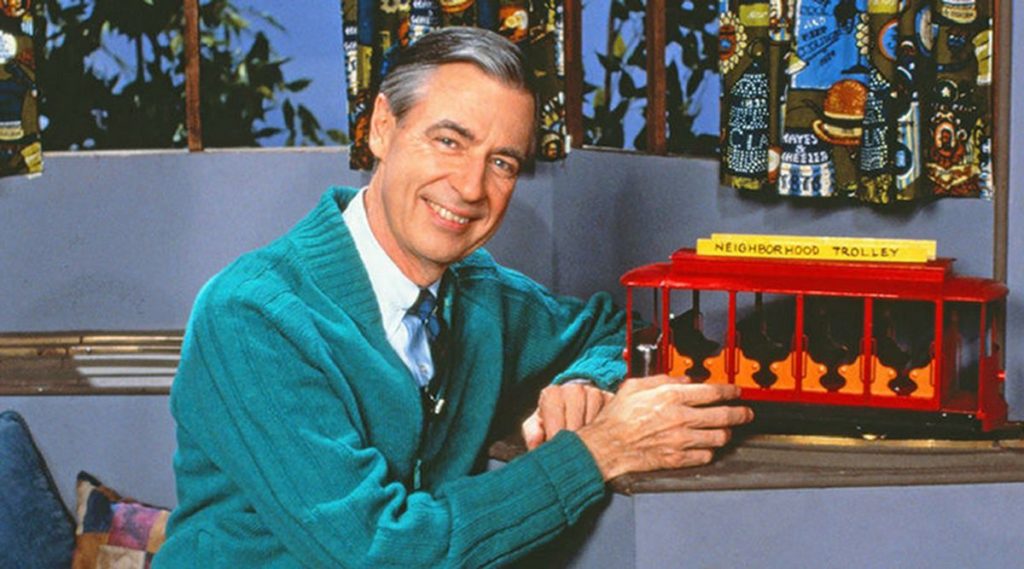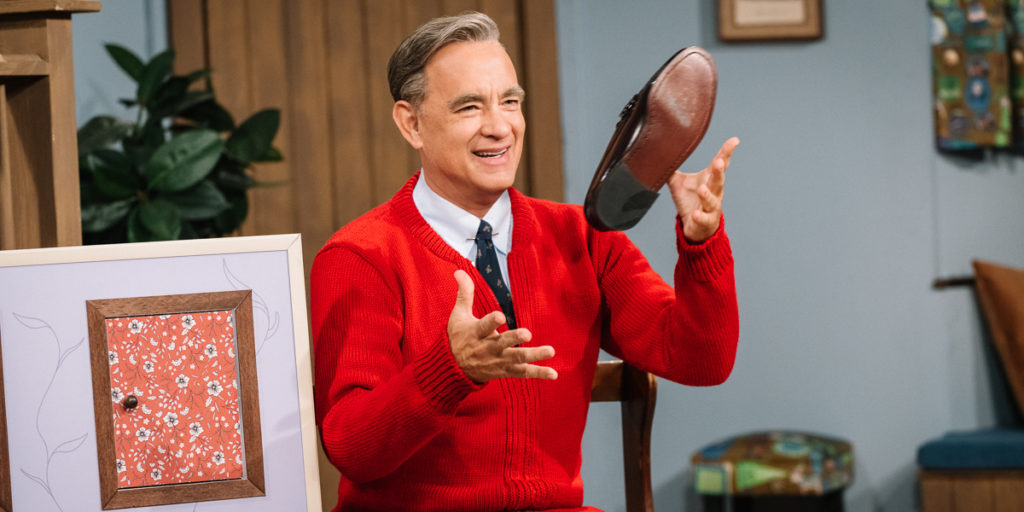Just after he eloquently summed up God’s perfect law with the words, “You shall love the Lord your God with all your heart and with all your soul and with all your strength and with all your mind, and your neighbor as yourself.” (Luke 10:27) This expert on the Jewish law challenged Jesus by asking, “Who is my neighbor?” (Luke 10:29) Jesus responded, as he often did, by telling a story.
The story he told was surprising to everyone who heard it. It was the tale of a man who had fallen on some particularly hard times and had been beaten, robbed, and left for dead on the side of the road. Who would be a neighbor to this poor helpless man? Perhaps a teacher of the law? No, he was far too busy and continued on his way. Maybe a Priest? No, he was worried that the man might make him unclean. But then along came a Samaritan.
Now, the Jews considered Samaritans to be half-breeds, products of the immoral intermarrying and religious blending that took place hundreds of years before during the Babylonian exile. For a Samaritan to even be mentioned in the same story as these well-respected religious professionals was shocking, but that he would be the hero was almost intolerable.
But that was Jesus’ point as he described the compassion which the Samaritan traveler had on the victim of this crime. He went out of his way to help him and bandage his wounds, he sat him on his animal and walked alongside until they came to a hospital, and even beyond that he took care of his bills and made a plan to return to ensure that he was well treated. At this point, the lawyer must have been seething at Jesus’ words, but he was trapped as Jesus asked, “Which of these three, do you think, proved to be a neighbor to the man who fell among the robbers?” He said, “The one who showed him mercy.” And Jesus said to him, “You go, and do likewise.” (Luke 10:36-37)
Won’t You Be My Neighbor

As the camera pans over the familiar model town, the yellow caution light flashes, and the piano notes sound, an inviting face opens the door to ask us, “Please, won’t you be my neighbor?” By performing this liturgy at the beginning of each of his 912 episodes, Mister Rogers was submitting to Jesus’ command to go and do likewise as he sought to be a neighbor to anyone who was hurting and confused. However, the invitation was also a confession that he needed a neighbor as well.
Fred Rogers did not see himself as a saint or a hero. He simply stood on his doorstep and offered the same unconditional love and grace to others that he knew he needed every day to survive. Mister Rogers was an ordained Presbyterian minister and he knew better than most that each breath that we take is evidence of God’s amazing grace.
Won’t You Be My Neighbor was easily the best documentary film of 2018 because Morgan Neville captured the essence of Fred Rogers’ mission to speak directly to the children of an entire generation and to help them cope with the fact that the world is a dark and scary place. He didn’t try to fool kids or entertain them. He leaned in to teach them, in a way that we are sorely lacking today, that things like death, divorce, and disaster happen and we can’t control them. But we can manage our feelings in healthy ways and talk about them.
I think we are experiencing this Rogers renaissance because we are lacking a voice that will speak to our children, and us as adults, to provide guidance through difficult and confusing times. And Fred Rogers would not want us to idolize him in this manner. Rather, he would challenge us to take up Jesus’ command to be neighbors to one another. After all, it’s hard to hate someone you just begged in song to be your neighbor.
A Beautiful Day in the Neighborhood
The new film, A Beautiful Day in the Neighborhood, directed by Marielle Heller, features Tom Hanks playing the iconic role of Mister Rogers. However, this is not another documentary. Instead, it places Hanks across from Matthew Rhys in the role of investigative reporter Lloyd Vogel. This character is a mixture of fiction and fact as the whole film is based on an Esquire article by journalist Tom Junod entitled, “Can You Say… Hero?” (beware of some adult language). However, it takes a good bit of liberty with the establishing storyline, creating a strained relationship between a father (Chris Cooper) and son, to build the stakes.
In the end, the film is really about this fictional Vogel family and Fred Rogers is a high profile side character who steps in and provides an open ear and an open heart. It is a very good story overall and I was moved several times through Hanks’ performance, but my major difficulty with A Beautiful Day in the Neighborhood is that it removes any mention of Jesus or really any religious teaching. This is somewhat understandable because it is told much like one of Mister Rogers’ episodes and he avoided spiritual talk on the air.
Unfortunately, if you remove Mister Rogers’ foundation of faith, it turns his desire to care for people and heal relationships into secular humanism at its best and it gives no foundation for the beautiful mission of his life. A lack of a foundation leads people to all kinds of wild and fanciful speculations about what skeletons he hid in his closet. Whether it be the oft mentioned Navy SEAL service or sleeves of tattoos hidden under those zippered cardigan sweaters.

What Would Mister Rogers Say Today?
In the midst of a presidential inquisition and constant bickering on Capitol Hill, I wonder what sage advice Fred Rogers would have. Providentially, Tom Junod shared an email that came from his lifelong correspondence in a recent article for the Atlantic explaining his involvement with the film and his relationship with Rogers. The subject of the email was what Rogers would say to the then-current impeachment hearings of Bill Clinton.
Last week I woke up thinking how I would like to go on the air and say something like “Whoever is without sin cast the first stone” or “The Lord’s property is always to have mercy” or some other outlandish thing, and then ask for a minute of silence to think about forgiveness for those who want it. In fact if our country could dwell on forgiveness for a while I think that would be the one real positive outcome of the pain which must be pervasive in the White House and beyond. I’ve already written letters to both the Clintons and the Gores saying that often “enormous growth comes out of enormous pain.” I trust that will be so for all of us. The attitude which makes me (sometimes physically) sick is the “holier than thou” one.
As always, Mister Rogers’ words are timeless because they don’t speak to the issues but to the underlying emotions and situation deep within the human heart. His answers are profound because they sound hauntingly like the words of Jesus who would remind us that to seek God’s kingdom means to love God first and to love our neighbor (even the one we don’t really like) from the overflow and to work for their good.
